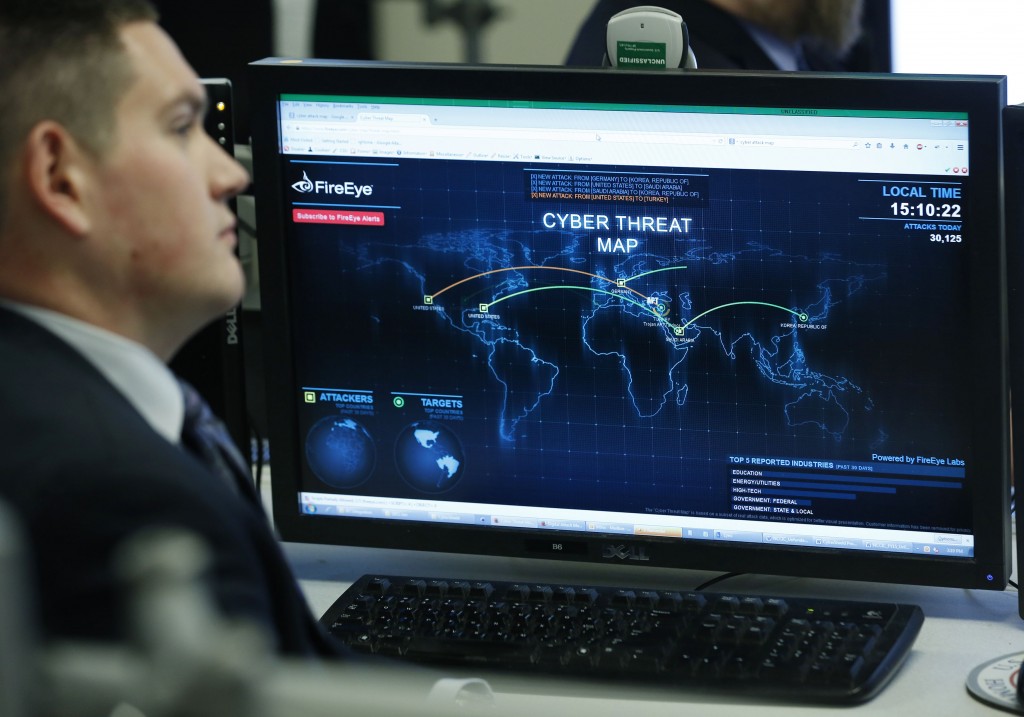Tel Aviv – Israel’s national cyber-security authorities briefed Prime Minister Benjamin Netanyahu on a defense operation it completed on thwarting massive cyber espionage.
The complexity in which the security breach was attempted suggests that an organized state-sponsored group stands behind it.
Israeli cyber-security experts are confident that Iran is behind the large-scale cyber attack exposed by Israel’s Cyber Defense Bureau. Iran and Israel are considered arc enemies, especially that Iran funding regional armed militias which Israel considers a direct threat to its security.
An Israeli official said that the attacks were identified as carried out by a hacker group known as OilRig.
The extensive cyber attack that hit 120 Israeli organizations in recent days was aimed at collecting information, but the government thwarted it before any data was leaked, a senior government cyber official told Bloomberg News.
“Four sectors were attacked — government, health, academia, industry — and when you look at all of them, the connecting thread is research and development,” said Rafi Franco, executive director of cyber regulation at the National Cyber Security Authority.
Security breaches are becoming increasingly sophisticated, with Israel and the United States often targeted by some of the most advanced assaults, according to cyber experts. Israel is a global force in cyber security, drawing 15 percent of all capital the industry raised last year, according to Start-Up National Central, a group that promotes Israeli startups.
The assailants impersonated legitimate organizations and sent what looked like authentic emails with attachments that contained the malware, said Franco. Only three of the targets opened the email, and they didn’t have access to important data, he added.
Still, the attack was very advanced, which indicates a “sophisticated organization” behind it, Franco said. He declined to give further details or say whether the attack could have been directed by a foreign nation.
Israel’s government helped affected organizations install a patch, he said.
“The first wave of the attack is behind us, and there will be a second wave,” Franco said. “We just don’t know when.”
